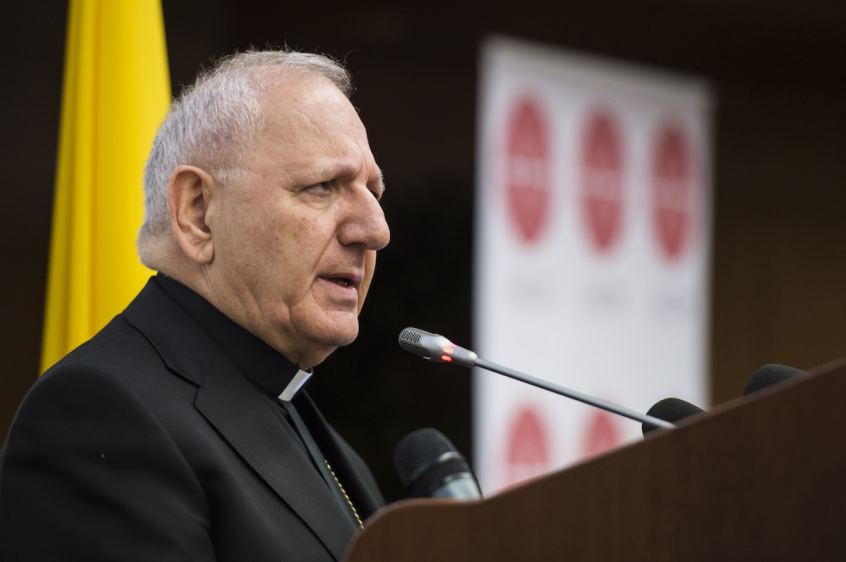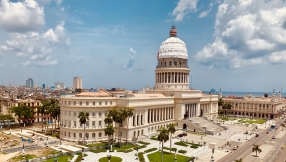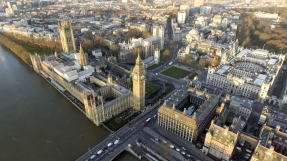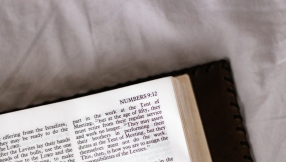
The leader of Iraq's largest Christian community has asked the country's supreme court to reverse a presidential order that no longer recognises him as Patriarch of the Chaldean Catholic Church.
Iraqi President Abdul Latif Rashid revoked a decree issed by his predecessor acknowledging Cardinal Louis Raphael I Sako as Patriarch.
Cardinal Sako told Aid to the Church in Need (ACN) that he is the victim of a political campaign to stop him from speaking about human rights, undermine ecclesial power, and take control of Church property.
"Withdrawing the decree is very bad. For 15 centuries, there were decrees recognising the Patriarch as head of the Church and administrator of the properties of the Church," he said.
"Revoking it is a humiliation for the Church.
"Those behind this move want to put their hands on the properties of the Church and administer them separately from the ecclesiastical authorities. We cannot accept that."
Cardinal Sako left his Patriarchal See in Baghdad last month after the decree was revoked and is now in Erbil, in the Kurdish north.
He has filed a complaint with the Iraqi Supreme Court seeking a new decree that recognises him as Patriarch.
"If I do not have the decree, I have no rights so far as the state is concerned. It is like killing me off in terms of my moral authority. It is offensive," he said.
He said he was heartened by the broad show of support he has received.
"I have had many, many statements of solidarity from many Muslims as well as Christians," he said.
He added: "Christians in Iraq know they cannot be bought. They have their own dignity, their rights, just like anyone else."













